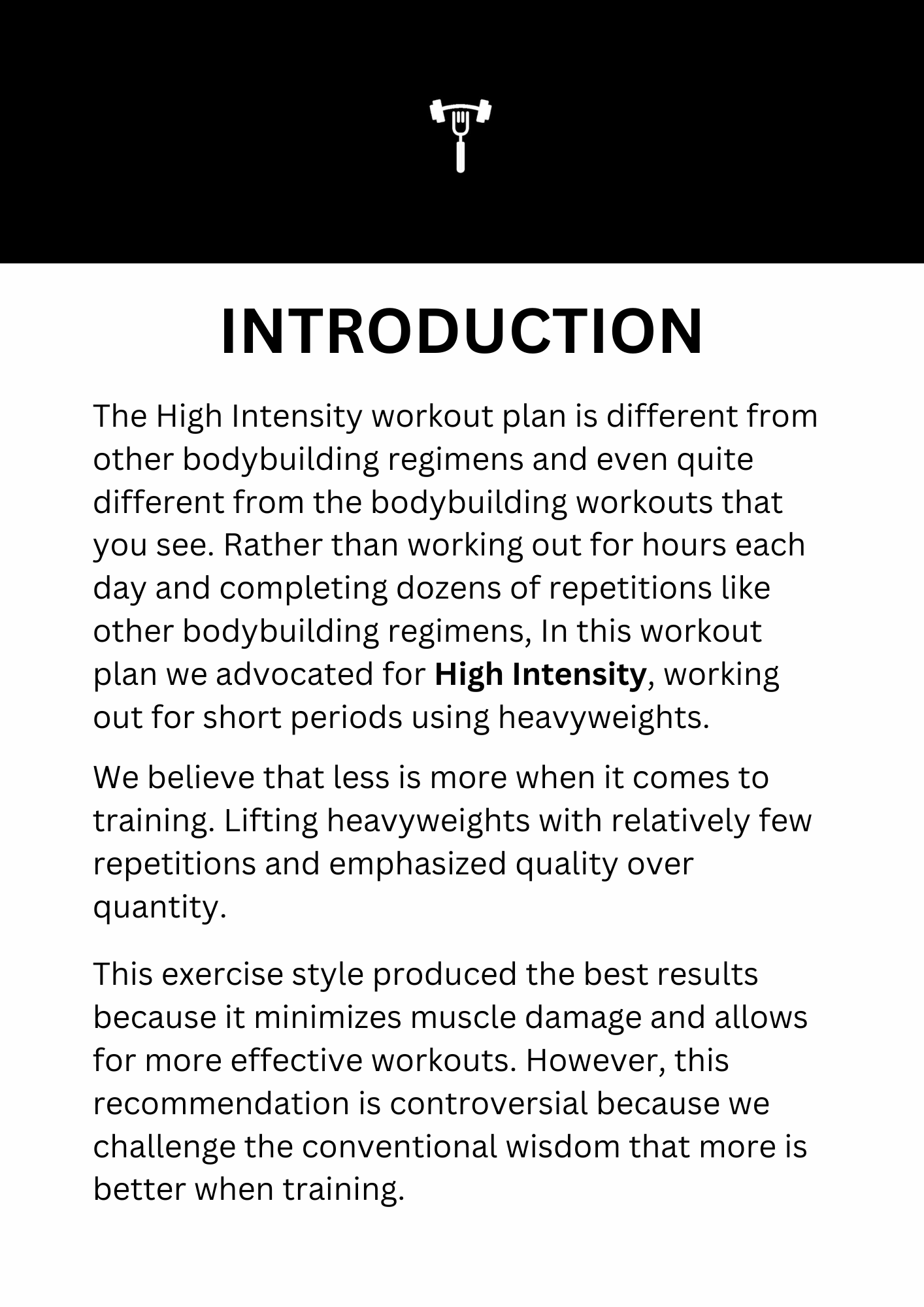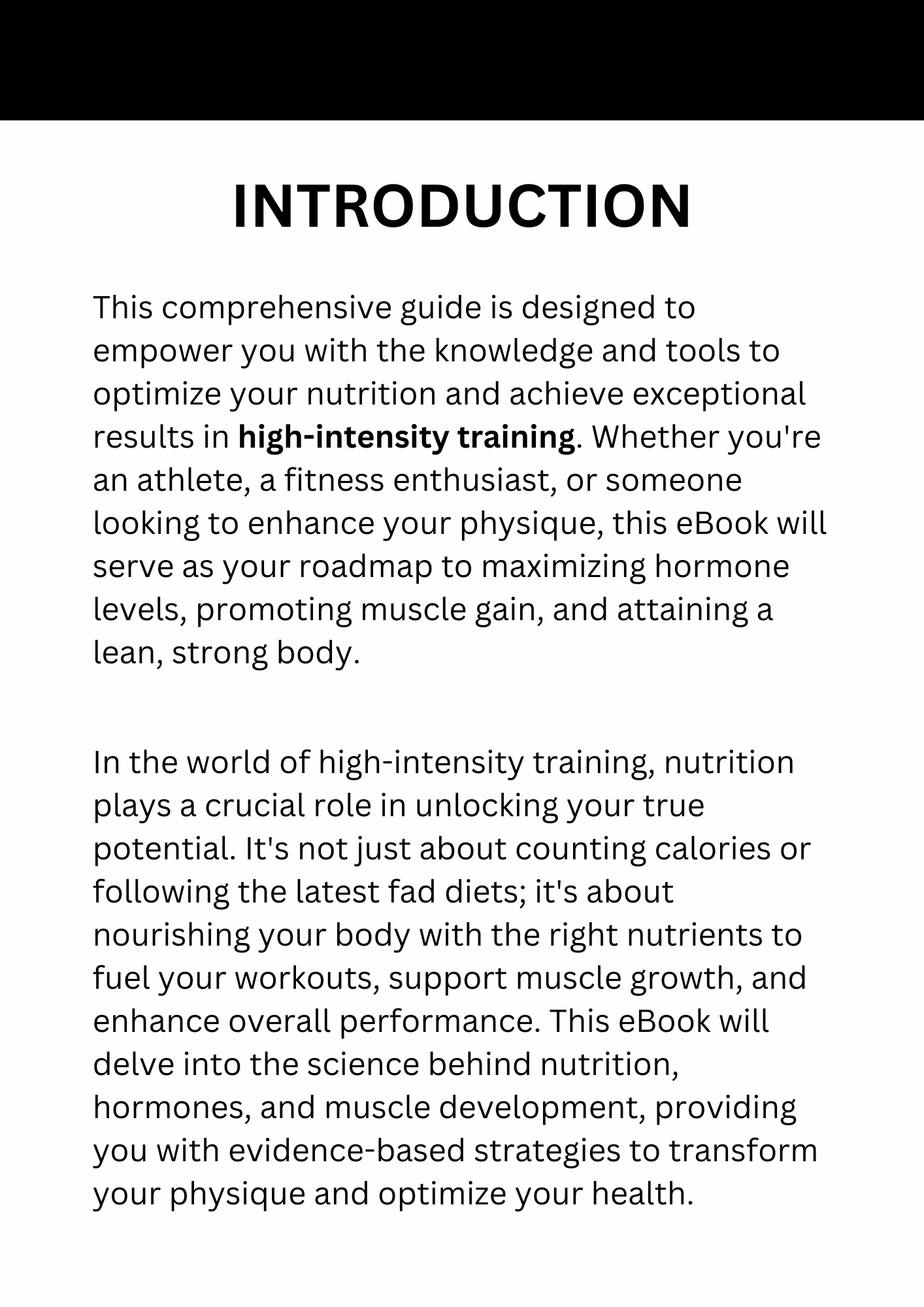Why Overtraining Isn’t Just Wasted Effort—It’s Counterproductive

When it comes to building muscle and strength, the mantra “more is better” often leads lifters down a path of diminishing returns. Overtraining isn’t just a waste of time; it’s actively counterproductive, stalling progress and even reversing gains. Mike Mentzer, a legendary bodybuilder and pioneer of High-Intensity Training (HIT), revolutionized the fitness world by emphasizing quality over quantity.
His methods, rooted in science and practical results, demonstrate why pushing past your body’s recovery limits hinders growth rather than promoting it. This article explores why overtraining is a roadblock to progress and how Mentzer’s principles offer a smarter, more effective approach.
The Myth of “More is Better”
In traditional bodybuilding culture, long gym sessions and frequent workouts are often seen as badges of honor. The logic seems straightforward: if some training builds muscle, more training should build more muscle. However, this ignores the physiological reality of muscle growth. Muscles don’t grow during workouts; they grow during recovery, when the body repairs and strengthens muscle fibers stressed during exercise. Overtraining disrupts this process, leaving the body in a state of chronic stress rather than growth.
Mike Mentzer challenged this mindset in the 1970s and 1980s, advocating for shorter, intense workouts followed by ample recovery time. His Heavy Duty training system, a refined version of HIT, was built on the principle that training should stimulate muscle growth efficiently, not exhaust the body’s resources. Mentzer’s success as a Mr. Olympia competitor and his ability to transform clients’ physiques underscored the effectiveness of this approach.
Why Overtraining is Counterproductive
Overtraining doesn’t just slow progress—it actively works against your goals. Here’s why, with insights from Mentzer’s philosophy:
Depletion of Recovery Reserves
Mentzer emphasized that the body has a finite capacity to recover from intense exercise. Every set, rep, and workout draws from this recovery “bank.” Overtraining depletes these reserves faster than the body can replenish them, leaving insufficient resources for muscle repair and growth. As Mentzer often said, “You can train hard, or you can train long, but you can’t do both.” Excessive volume or frequency pushes the body into a catabolic state, where muscle tissue is broken down rather than built.
Hormonal Imbalance
Chronic overtraining elevates stress hormones like cortisol, which inhibit muscle growth and promote fat storage. Meanwhile, it suppresses anabolic hormones like testosterone and growth hormone, which are essential for recovery and hypertrophy. Mentzer’s HIT approach, which limited workouts to 30–45 minutes of high-intensity effort, minimized cortisol spikes and optimized the hormonal environment for growth.
Central Nervous System Fatigue
Intense training taxes the central nervous system (CNS), which coordinates muscle contractions and recovery. Overtraining overloads the CNS, leading to symptoms like fatigue, reduced strength, and lack of motivation. Mentzer’s system prescribed infrequent workouts—often one session every 4–7 days per muscle group—to ensure the CNS fully recovered, allowing lifters to train with maximum intensity and focus.
Increased Risk of Injury
Overtrained muscles and joints are more prone to strains, tears, and overuse injuries. Fatigue compromises form, and inadequate recovery leaves tissues vulnerable. Mentzer’s emphasis on controlled, high-intensity reps with perfect form reduced injury risk while maximizing muscle stimulation, proving that less can be more.
Plateaued or Regressed Gains
When recovery is incomplete, workouts become less effective. Lifters may hit a plateau or even lose strength and size as the body struggles to cope with constant stress. Mentzer’s clients often saw dramatic progress by reducing training volume and increasing rest, demonstrating that growth happens outside the gym, not in it.
Mike Mentzer’s Solution: High-Intensity Training Done Right
Mentzer’s Heavy Duty system was designed to avoid the pitfalls of overtraining while maximizing muscle growth. Key principles include:
Brief, Intense Workouts: Mentzer advocated for one or two sets per exercise, performed to failure with maximum effort. This stimulates muscle growth without draining recovery reserves. For example, a single set of barbell squats to failure can trigger more growth than multiple sets at lower intensity.
Extended Recovery Periods: Mentzer recommended 48–96 hours or more between workouts for the same muscle group, sometimes up to a week for advanced lifters. This ensures full recovery, allowing muscles to grow stronger and larger.
Progressive Overload: To keep progressing, Mentzer stressed gradually increasing resistance or reps while maintaining perfect form. This approach ensures continuous adaptation without excessive volume.
Individualized Training: Mentzer recognized that recovery capacity varies. His system tailored workout frequency and volume to each lifter’s needs, preventing overtraining by listening to the body’s signals.
Real-World Evidence
Mentzer’s methods produced remarkable results. He transformed his own physique and those of clients like Dorian Yates, who won six Mr. Olympia titles using a Mentzer-inspired HIT approach. Studies on resistance training support Mentzer’s ideas: a 2019 meta-analysis in Sports Medicine found that low-volume, high-intensity training was as effective as high-volume training for hypertrophy, with less risk of overtraining. Anecdotally, countless lifters who switched to HIT report breaking plateaus, gaining strength, and feeling energized rather than drained.
How to Avoid Overtraining with Mentzer’s Principles
To apply Mentzer’s wisdom and avoid the counterproductive trap of overtraining, consider these steps:
Train to Failure, Then Stop: Perform one or two all-out sets per exercise, focusing on quality over quantity. Use slow, controlled reps to maximize muscle tension.
Prioritize Rest: Schedule at least 48–72 hours between workouts for the same muscle group. If you feel fatigued or unmotivated, take an extra day or two.
Track Progress: Monitor strength gains and recovery markers like sleep quality and energy levels. If progress stalls, reduce volume or frequency.
Listen to Your Body: Mentzer stressed individuality. Adjust your training based on how you feel, not a rigid schedule.
Optimize Nutrition and Sleep: Recovery depends on adequate protein, calories, and 7–9 hours of sleep nightly. Mentzer viewed these as non-negotiable for growth.
Conclusion
Overtraining isn’t just a waste of effort—it’s a direct obstacle to muscle growth, strength, and overall progress. By depleting recovery reserves, disrupting hormones, and taxing the nervous system, excessive training keeps lifters stuck or even regressing. Mike Mentzer’s High-Intensity Training offers a powerful antidote: brief, intense workouts followed by ample recovery. His methods, backed by science and real-world results, show that working smarter, not harder, is the key to unlocking your potential. Embrace Mentzer’s principles, respect your body’s limits, and watch your gains soar.




